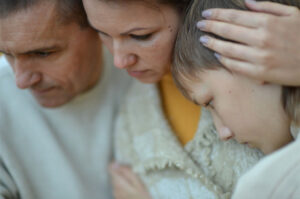
The Hidden Victims: Unraveling the Family’s Struggle with Addiction
Through years of working closely with individuals and their loved ones, I’ve seen the heavy toll it exacts, not just on the individual struggling with substance use but on the entire family unit, in the form of financial, emotional, and spiritual burdens.







